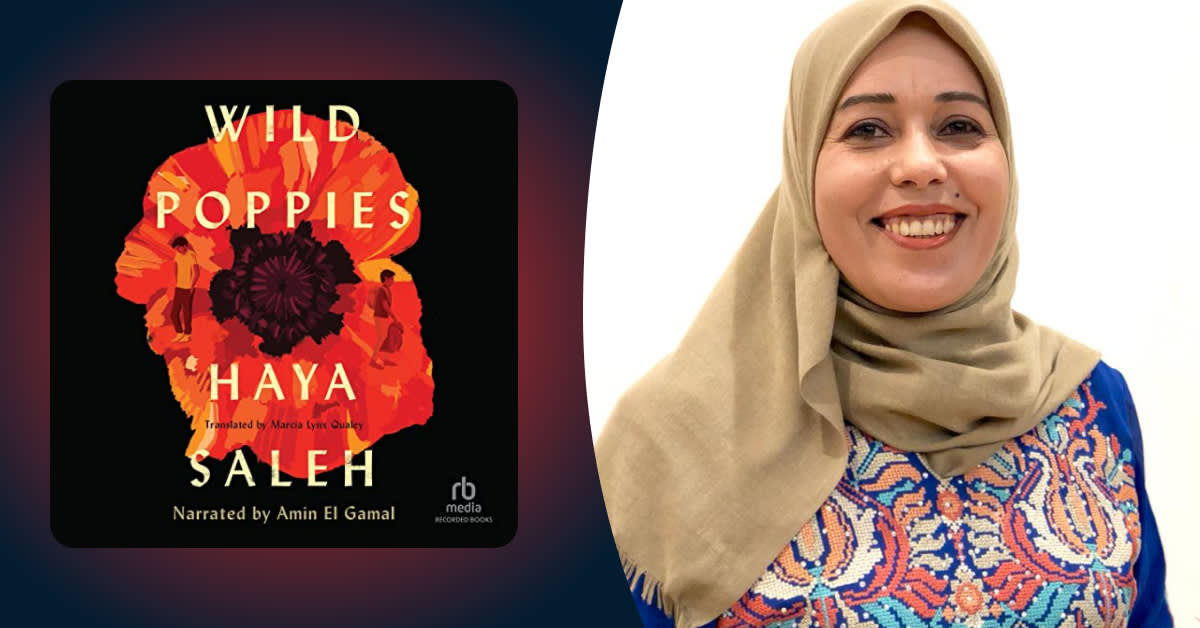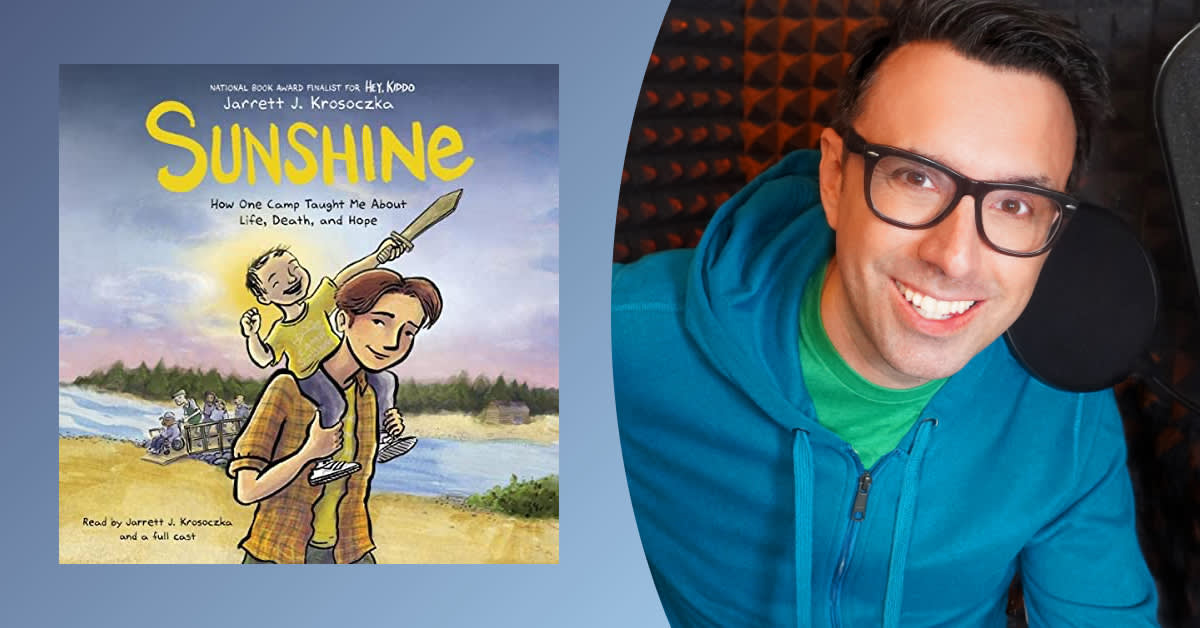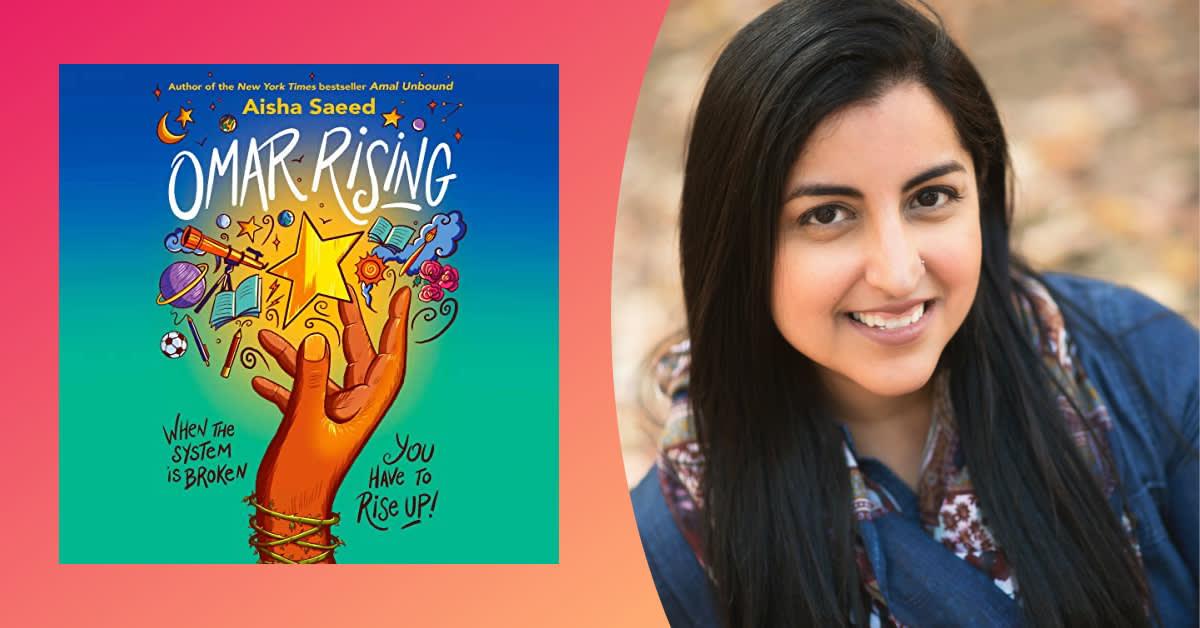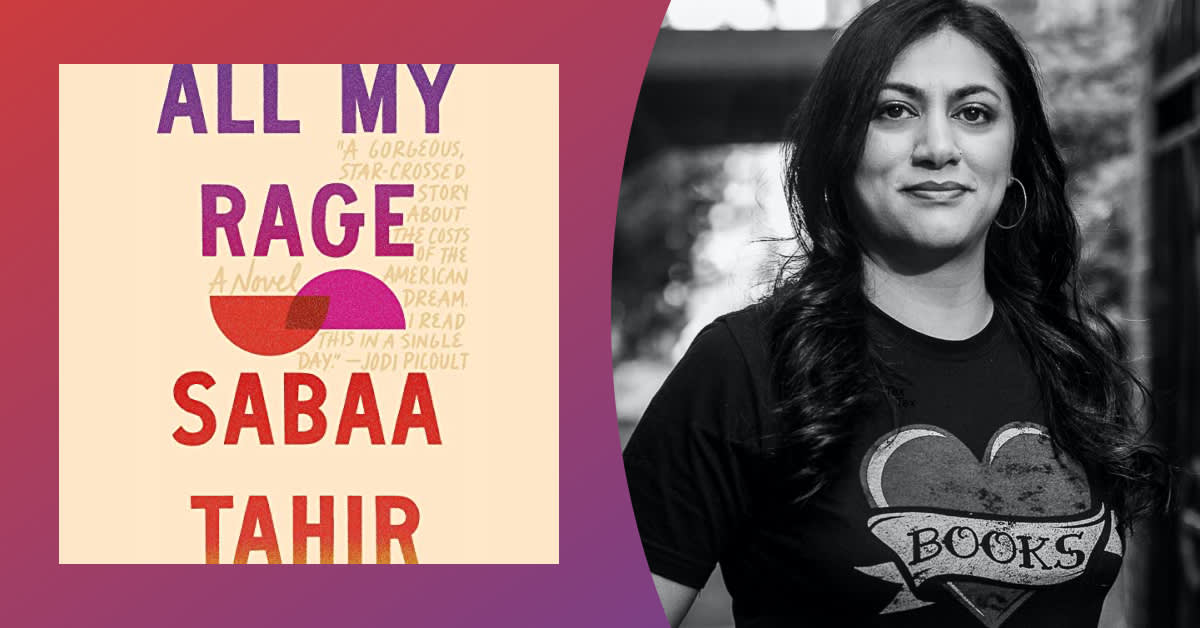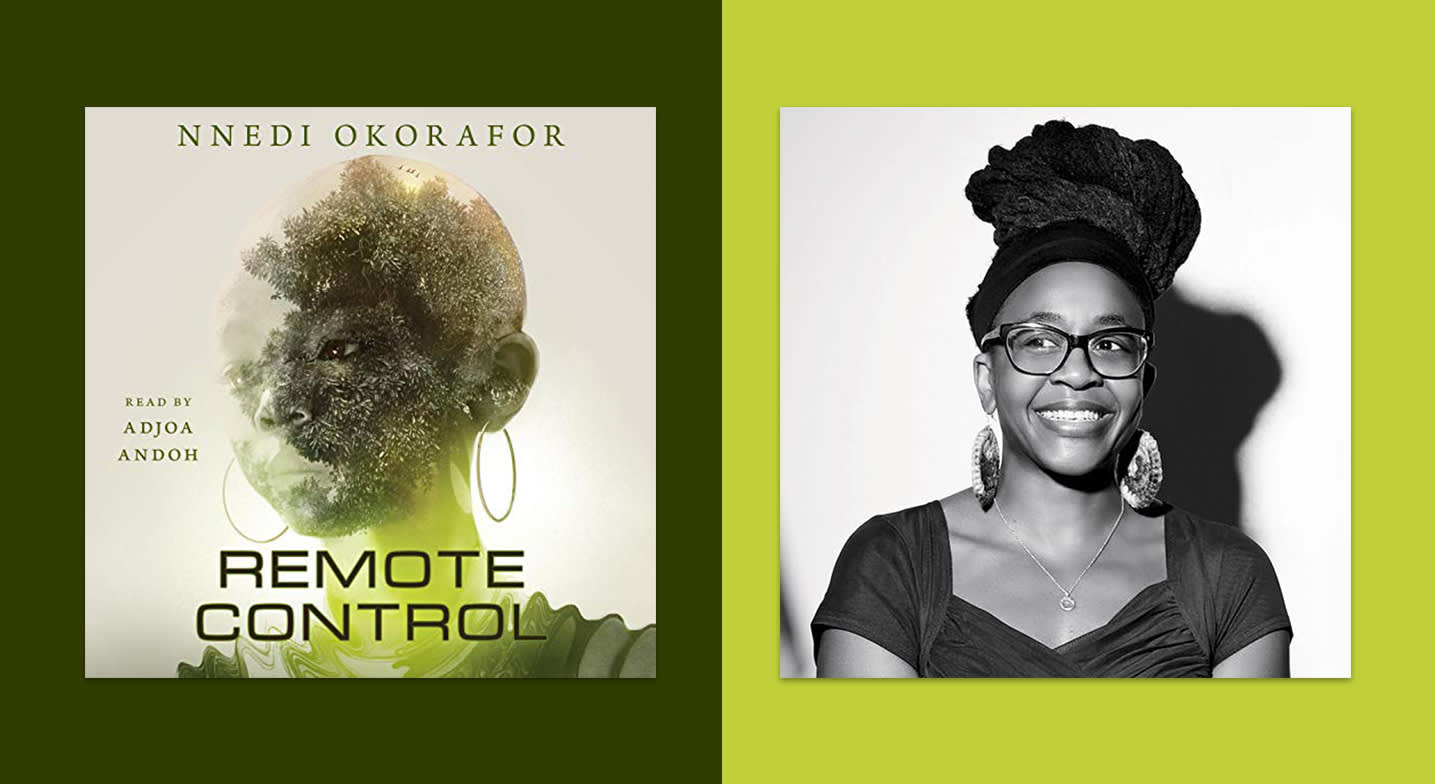In Wild Poppies, brothers Oscar and Sufyan fight to reunite amidst the turmoil of the Syrian War. Here, author Haya Saleh shares the influences and process behind her award-winning novel, translated from the Arabic by Marcia L. Qualey and performed in audio by Amin El Gamal.
Audible: Wild Poppies is set in Syria and touches on the ongoing war happening there. What inspired you to create the story based on the experience of two young brothers?
Haya Saleh: When I began writing this novel, I wasn’t thinking about a particular country; what I cared about was dealing with an issue that I believed transcends borders and geography, and that is the horrific impact of wars on societies and on civilians, especially children and teens. But because the situation in Syria is so current and vivid, and we are still living through it to this day, and because the news about Syria tops the bulletins, the reader—the Arab reader in particular—sees the events of this novel as taking place in Syria.
But let us agree that human pain and suffering are one, whether it is in our region (I am reminded today of the tragedy of the Palestinian people, as I am writing on the 75th anniversary of the Nakba), or in Africa, or East Asia, or any other part of the world.
So my interest was to write about this pain and about the victims of extremism. It is an extremism that, on its face, takes the guise of religion, even though it is far from our tolerant religion.
As for focusing the novel on the experiences of two brothers, this was certainly a deliberate decision. We need to address teens in their own language, taking into account their awareness of the situation, and choose characters that are close in age and can make them feel close to the story, enthusiastic about it and motivated to read all the way to the end. Maybe the nature of the topic I chose to address, which is the recruitment of children into wars, made this necessary. But how would I ever convince a young reader of the veracity of the story, if we only saw it through the thoughts of older people?
You have quite an established career writing children’s books internationally. What has been one of the most impactful experiences you’ve had while writing and going through the audiobook creation process?
I have been writing for children and teens for a long time, in addition to writing for the theater, the screen, and novels and criticism for adults. I’m happy to say that I have won acclaim and awards in Arabic in most of these fields, yet writing for children and teens remains my focus and my passion.
When I write, I am influenced by the reality of the world around me, and by the stories I see in the news and on social media. Each of my protagonists feels real to me, in that I can almost see and hear them as I sketch out the details of their lives. This is important for a writer if they want to write with warmth, without looking down on their characters or reader. And if ideas are just lying around on the streets for the taking, as the ancient writer al-Jahiz wrote, what matters is how they are presented.
I am deeply affected by my characters, and when I finish writing a book, my characters remain vivid in my mind as I go out and talk with young readers and others about the book. Although my first priority is for children to read what I write, and to listen to their observations and take them into account.
More than five months passed between the time we published Wild Poppies and the announcement of the Etisalat Prize for Arabic Children’s Literature, and winning created an opportunity for me to experience the novel again from the reader’s perspective, as I had stepped away from the book during those months. As I re-read it, I couldn’t stop myself from weeping in sympathy with my characters as they embarked on their adventure of escaping extremism and saving themselves.
What was the inspiration behind naming this story Wild Poppies?
The poppy anemone (Anemone coronaria) has a special place in my childhood memories. We link their appearance in fields and orchards with the arrival of spring, which also means relief, hope, freedom, and joy, as we leave the cold, cloudy winter behind. Poppies are also associated with the legend of Adonis, as his blood mingled with the goddess Aphrodite’s tears to become the poppy anemone. This flower is well-known across the Levant, and it is laden with symbols—sung about by poets, in tales passed down by storytellers, and populating the narrative prose of both ancient and contemporary Arab writers.
In February of this year, Syria was one of the countries hit by a devastating earthquake. Are there any takeaways from your story that can be applied for those who are struggling to stay afloat in these hard times?
In truth, I don’t see a difference between when someone—especially a child—sees their life destroyed by war and when it’s shattered by natural disaster. The result in both cases is the same: the demise of their childhood and a long-term impact on their mental health, often a lifelong one, as their memory remains alive with scars.
The earthquake appeared as a crisis within a crisis for the Syrian people. Syrians had fled the death that raged because of war, seeking safety in remote camps, but death pursued them with this humanitarian catastrophe. And what made matters worse was how urgent relief to the victims was hindered by the war.
Wild Poppies carries a human cry in the face of this injustice, which has shed the blood of innocents. But at the same time, it is a cry to everyone who is suffering in these conditions: not to surrender, and to resist by all means they have, to strive to get out of this dark tunnel. The novel clings to hope, and it opens with a quote from the Syrian writer Saadallah Wannous in which he says we are “doomed to hope.”
For children who are just learning about the Syrian War, what are some lessons you feel are the most important to receive from Wild Poppies?
One of the important lessons that students can learn in schools from Wild Poppies, especially in countries of refuge and asylum, is the huge importance of acceptance, coexistence, and sympathy for refugees who have suffered from the scourge of war and its effects.
Naturally, the novel also warns young readers about the dangers of being drawn into extremist groups, which excel at brainwashing young people and stuffing them with strange ideas that are far from the essence of our true religion or the customs and traditions of society. These groups are active on the social media that’s available to children in every home and is mostly outside of parental control.
Special thanks to Marcia L. Qualey, translator of Wild Poppies.
